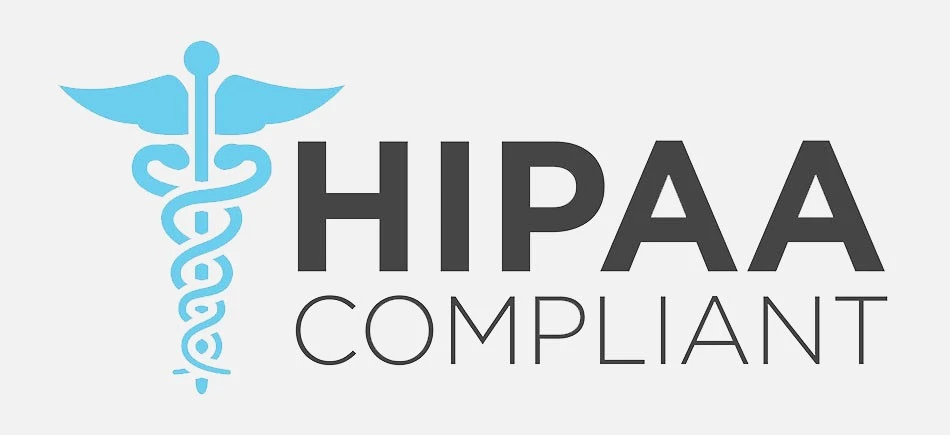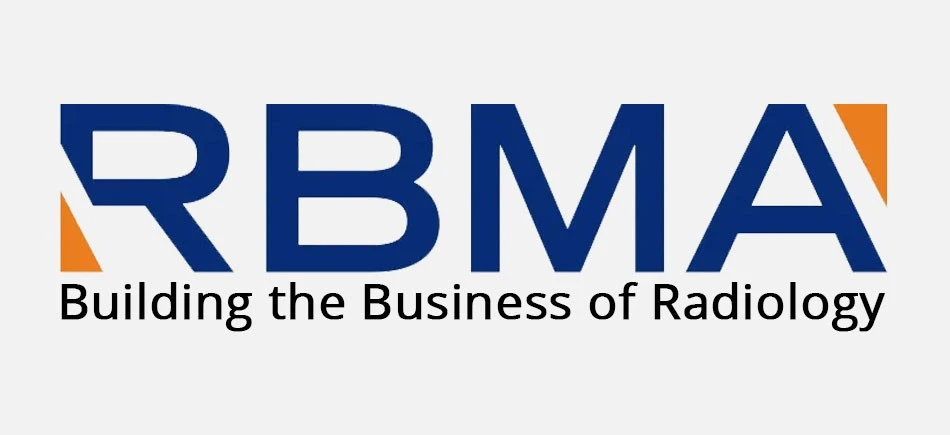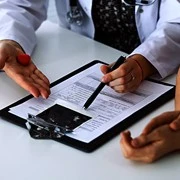Outsource Medical Dictation Best Practices for Maximum Clarity
As per an AHDI study, the most frequent causes of errors in transcription were due to fast dictation and poor articulation. Errors found were due to medical word misuse by physicians, not transcriptionists.
Medical transcriptionists need quality dictation to give quality output. Very often, transcribed files are needed urgently and clear dictation will help speed up the process. Not only does poor dictation make the transcriptionist's job more difficult and potentially make the service more expensive, it can affect patient care. Medical transcriptions are also legal documents – it is imperative that they accurately maintained. All this starts with clear dictation leaving no room for misunderstanding.
There are many options for Medical Dictation Services. Doctors can use a device like a Dictaphone or software on their computers. They call also call in to a Medical Dictation Service and record the transcripts.
Here are some best practices for Medical Dictation
Dictation Dos and Don'ts
- Get familiar with the recording equipment that you are planning to use. Read the user manuals and do some practice sessions.
- Collect all your papers and reports before you start recording.
- Find a quiet place where you won't be distracted or disturbed to do your dictation.
- While dictating, do not shuffle papers, open and close drawers, or make any sudden noises.
- Speak clearly and at an even pace. Don't let your voice fade out at the end of sentences. Do not eat or chew gum while dictating.
- Identify yourself at the beginning of your dictation. State the type of report and the date to be reflected in the report. (The date could be the day of examination, dictation or transcription).
- Always state then spell full details like addressees, full name, proper mailing address, file numbers, reference numbers, patient record number, subject matter.
- Be consistent - use the same headings whenever possible. This makes it easier to transcribe your work and reduces errors.
- Once you start recording, pause for a few seconds and continue recording a few seconds after you finish speaking to avoid words from getting cut off.
- Read the instruction manual and always speak with your mouth at the recommended distance for your microphone.
- Edit-out any errors you make, by rewinding and erasing them. Saying "strike out" or "ignore that" can create more confusion.
- Spell any unusual diseases, drugs, or procedures not normally found in your daily work or specialty.
- Indicate all punctuation especially when starting new paragraphs.
- Have your dictation equipment serviced regularly.
HIPAA Compliance for Medical Transcription
HIPAA's regulations aim to protect patient confidentiality. Dictation of patient information and files and transmitting of this data digitally must take into account this regulation and doctors and transcriptionists must ensure that they comply.
Protecting Patient Privacy While Dictating
- Always do your dictation in a secure and private area - like your clinic, office or exam room.
- Get a recorder which has HIPAA-compliant features like encrypted files, password protection and voice activation.
- Password protect your recording devices and computers to prevent unauthorized access.
- Use encrypted file transfer while sending the digital files to a transcriptionist.
- Ensure that the transcriptionist or transcription agency who deals with the medical records is also HIPAA compliant and signs an NDA.
Looking for a high quality Medical Transcription Service provider? Contact us with your requirements. We have a team of highly experienced transcriptions and can handle large volumes of transcription within short turnaround times.
Get a FREE QUOTE!
Decide in 24 hours whether outsourcing will work for you.
Have specific requirements? Email us at: ![]()
Key Differentiators
Software At O2I Healthcare
Specialties HIPAA Compliance HIPAA 5010
Standards Compliance CPT Coding
Compliance Healthcare
Processes Medical
Billing Process Charge
Entry Process Medical
Coding Process Medical
Claims Process FAQs on Medical Accounts
Receivable Services FAQs on Outsourcing
Claims Adjudication Services Medical
Transcription Process HL7 ICD-10 Compliance
-
 Outsourcing Medical Billing Services - Evaluating its Impact on Your Practice
Outsourcing Medical Billing Services - Evaluating its Impact on Your Practice
-
 US-based Healthcare Research & Consulting Firm Approached O2I For Medical Transcription Services
US-based Healthcare Research & Consulting Firm Approached O2I For Medical Transcription Services
-
 Outsource2india Provided Patient Onboarding Services to a Leading Healthcare Company
Outsource2india Provided Patient Onboarding Services to a Leading Healthcare Company
-
 Outsource2india Assisted a Florida-based Medical Billing Company with ICD-10 Implementation
Outsource2india Assisted a Florida-based Medical Billing Company with ICD-10 Implementation
-
 Caribbean Radiologists Got STAT Reports Automation Services from Outsource2india
Caribbean Radiologists Got STAT Reports Automation Services from Outsource2india
-
 Outsource2india Helped a Medical Imaging Firm with Quick Teleradiology Services
Outsource2india Helped a Medical Imaging Firm with Quick Teleradiology Services
















 \
\






